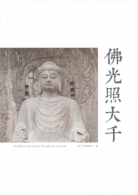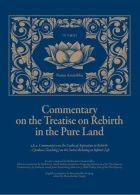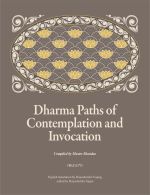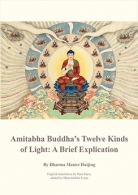A02 Buddhism for Beginners: Questions and Answers
Brief Introduction
Religion emerged when human civilization evolved to a certain stage. Some higher religions even represented an apex of mankind’s understanding of truth and the world. They are still of significance today.
Most people worldwide embrace theistic religions, believing that all things were created by a deity. Two-and-a-half millennia ago, however, Prince Gautama Siddhartha was born in ancient India. He renounced his household life for monastic cultivation and became a Buddha -- one who attained full enlightenment regarding the truths of life and the universe. He overtly denied creationism, indicating that it is a superstitious belief resulting from human ignorance and confusion.
According to the Buddha, all phenomena have neither self nor possessionsof self. There are no achievements or achievers. All things are subject to dependent origination and are of empty nature. They have always been in a state of tranquil extinction. These notions are undoubtedly beyond our experience and habitual thinking.
The Law of Dependent Origination and Empty Nature constitutes Buddhism’s fundamental perception of the world’s phenomena. Things arise codependently from various karmic causes. They originate with the convergence of conditions, relationships and elemental factors. Because of such dependent x Buddhism for Beginners: Questions and Answers Preface xi origination, the essence of all dharma is of non-independent nature. There exists no unique, permanent subject. Everything is without an ego.
Guiding Principles
Faith in, and acceptance of, Amitabha’s deliverance
Single-minded recitation of Amitabha’s name
Aspiration to rebirth in Amitabha’s Pure Land
Comprehensive deliverance of all sentient beings







